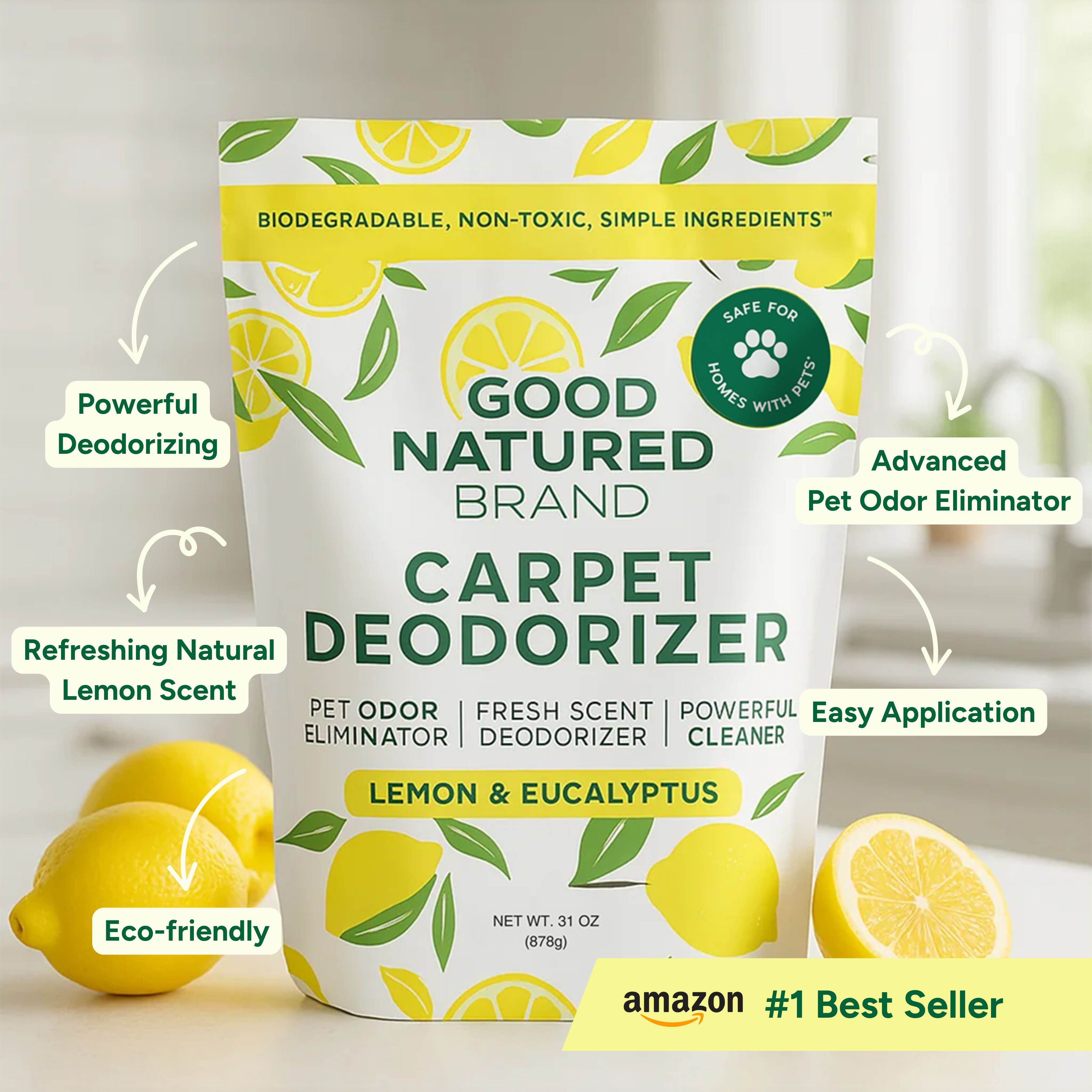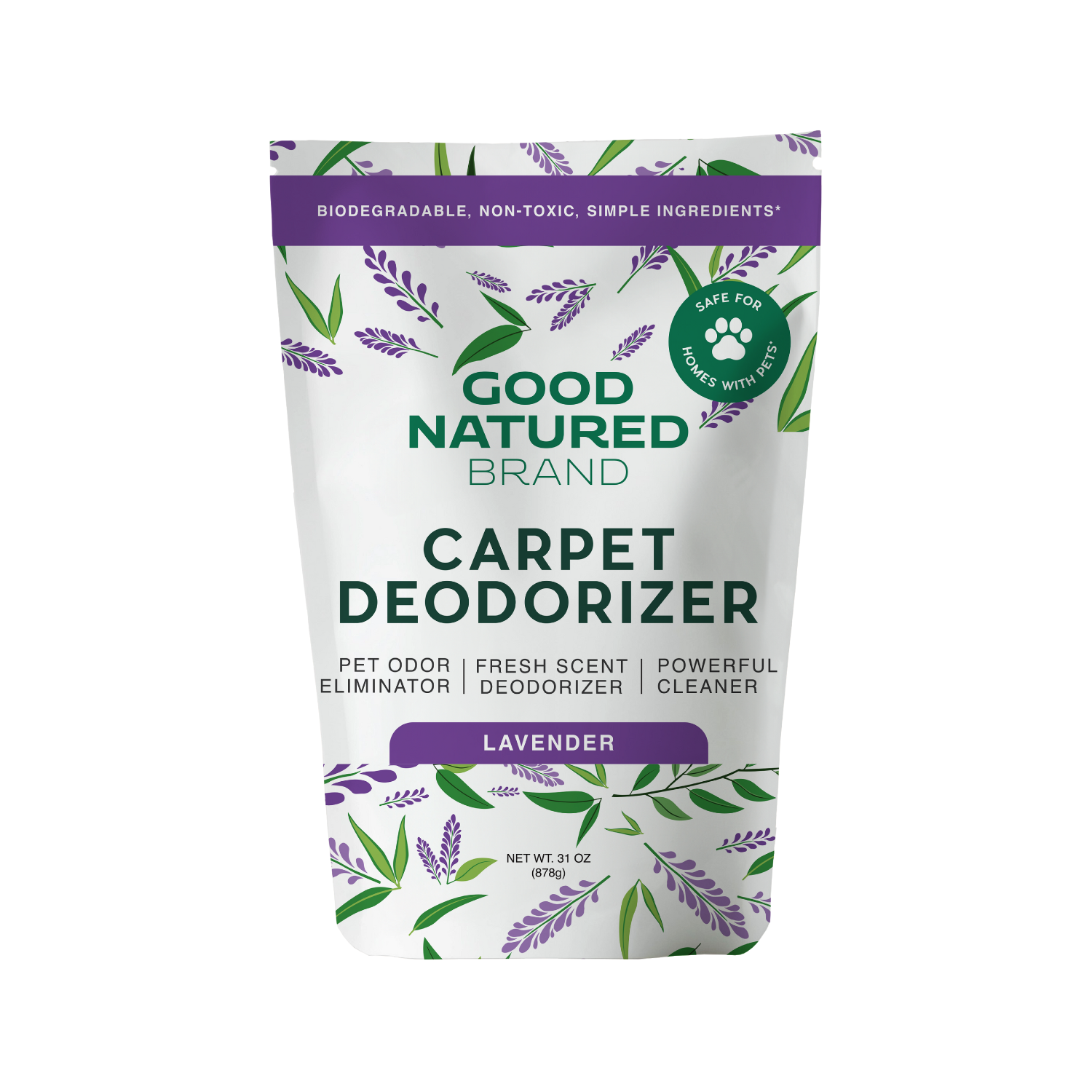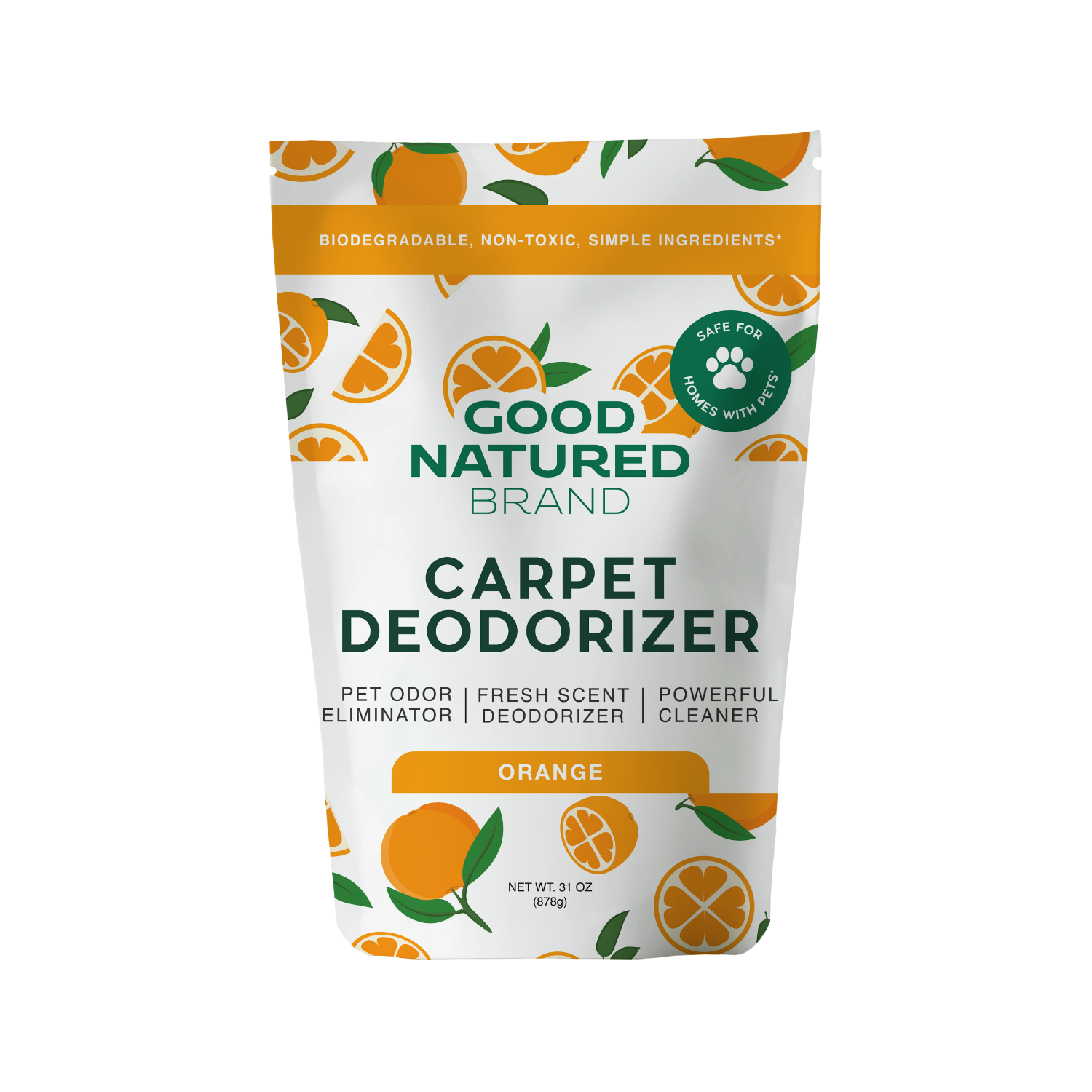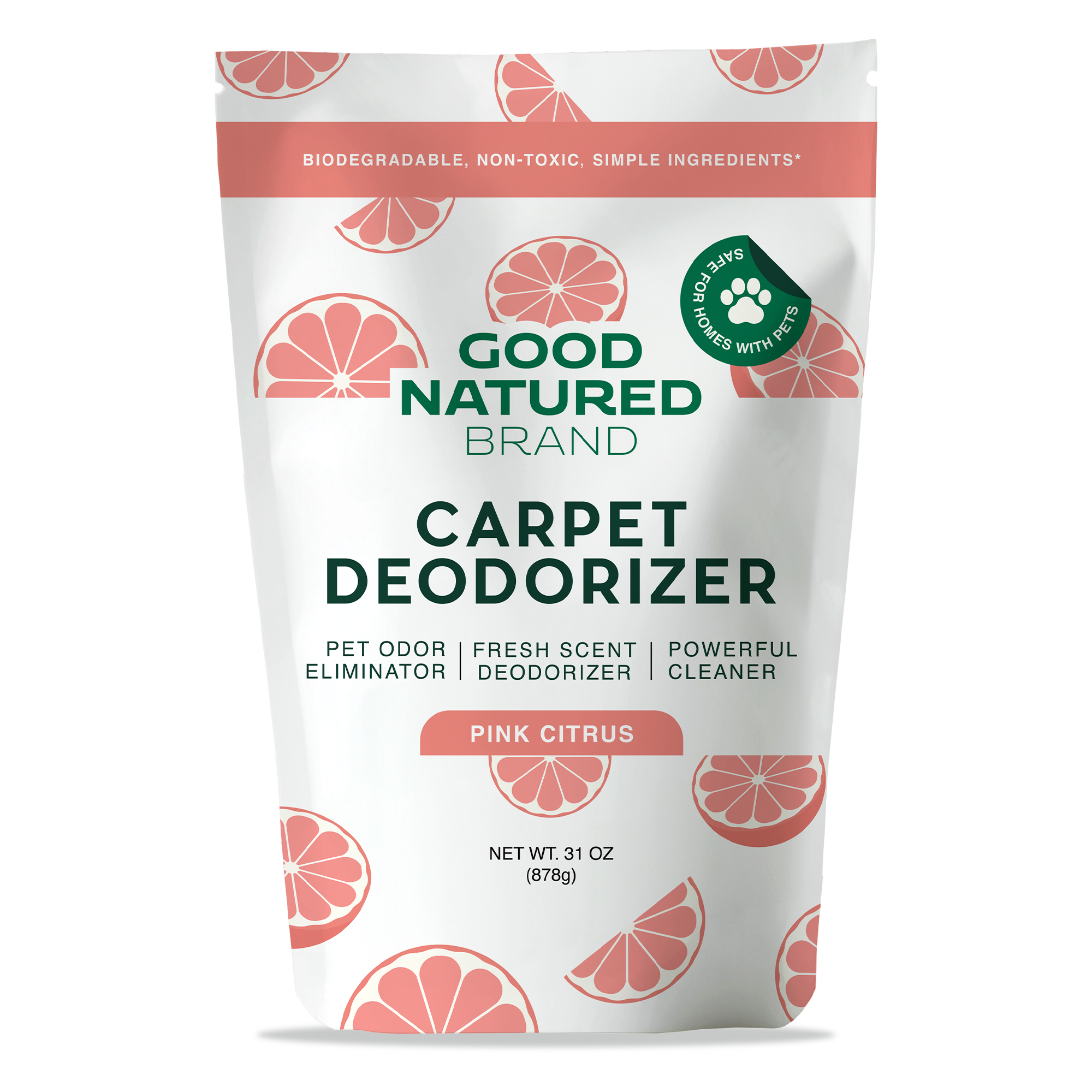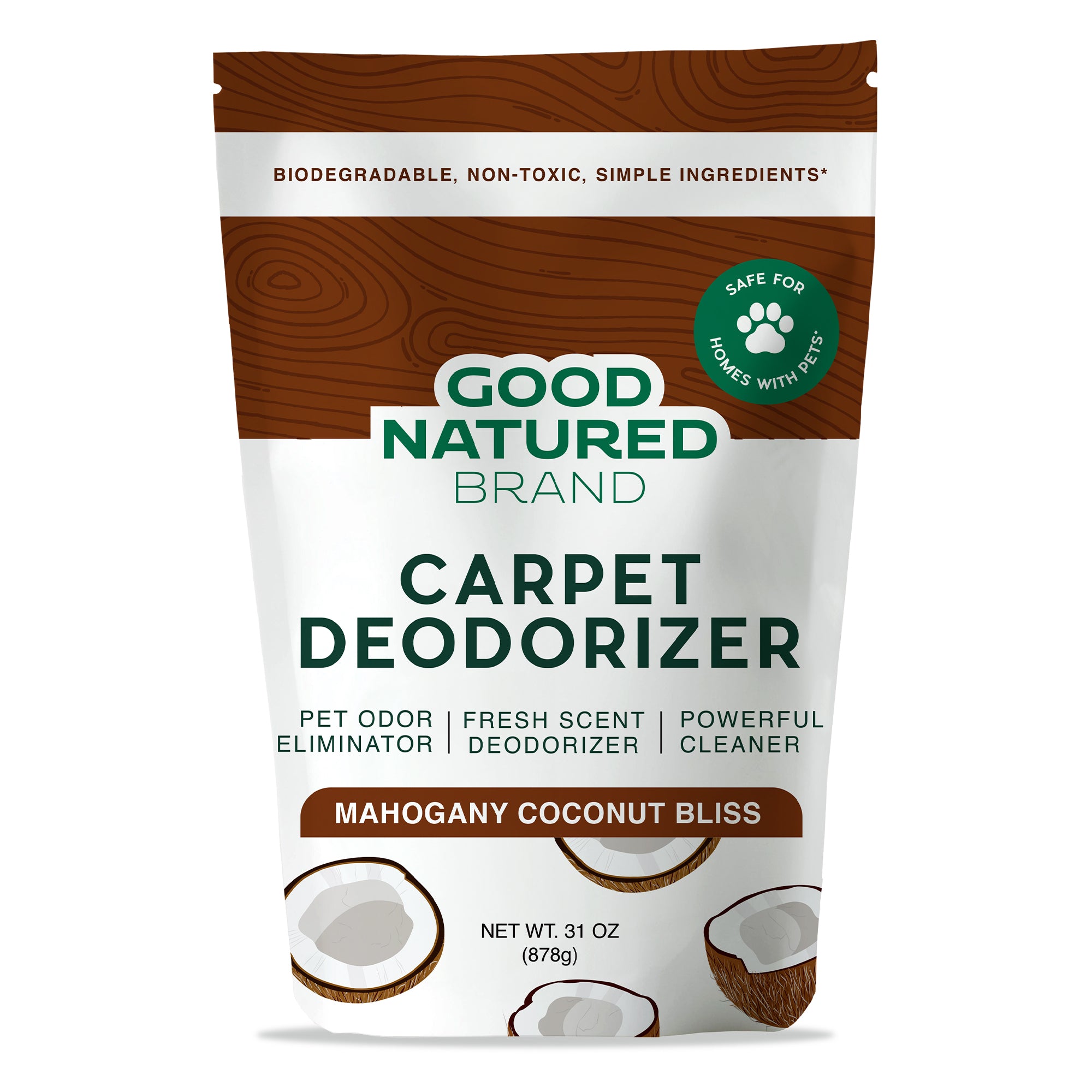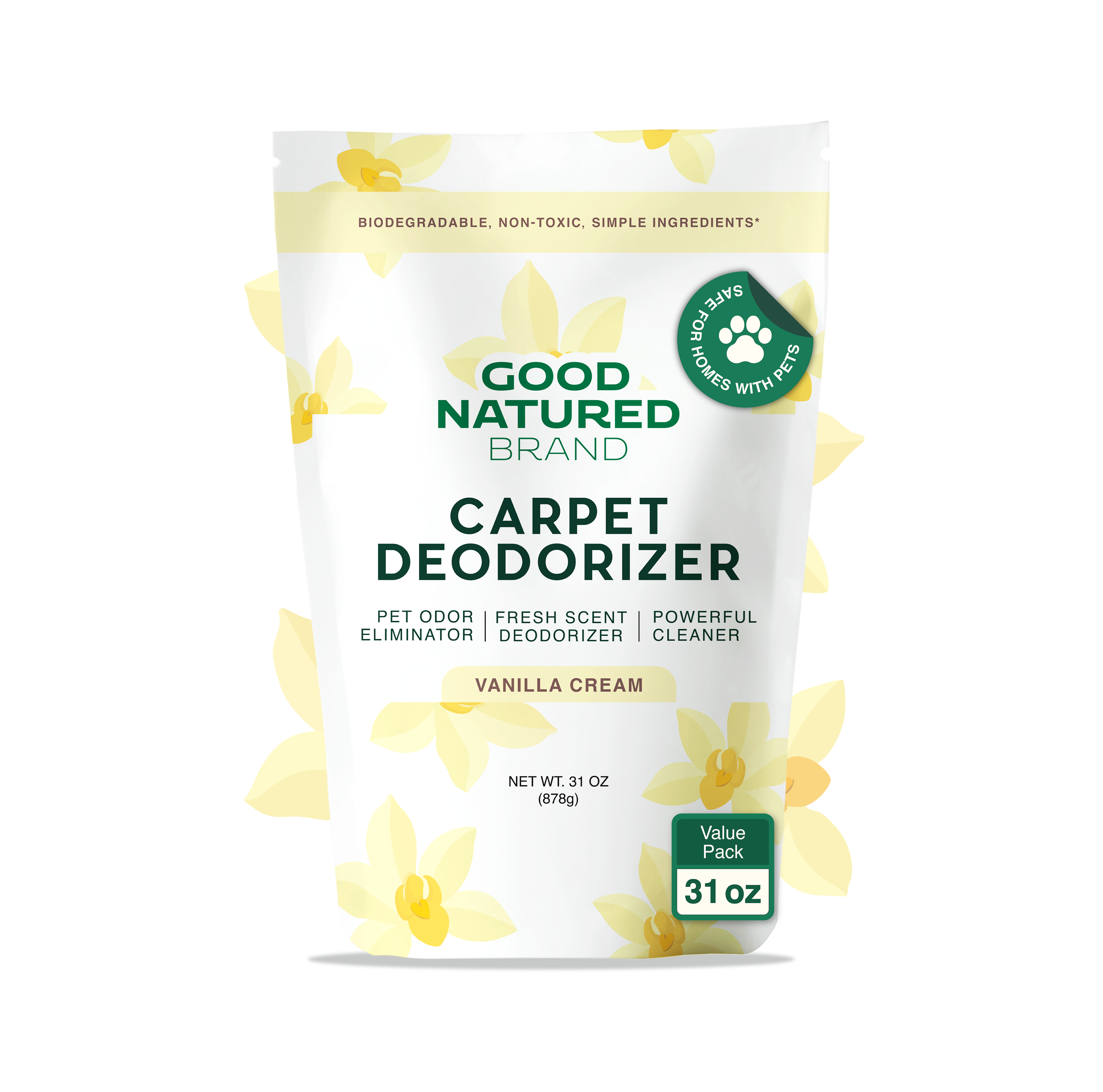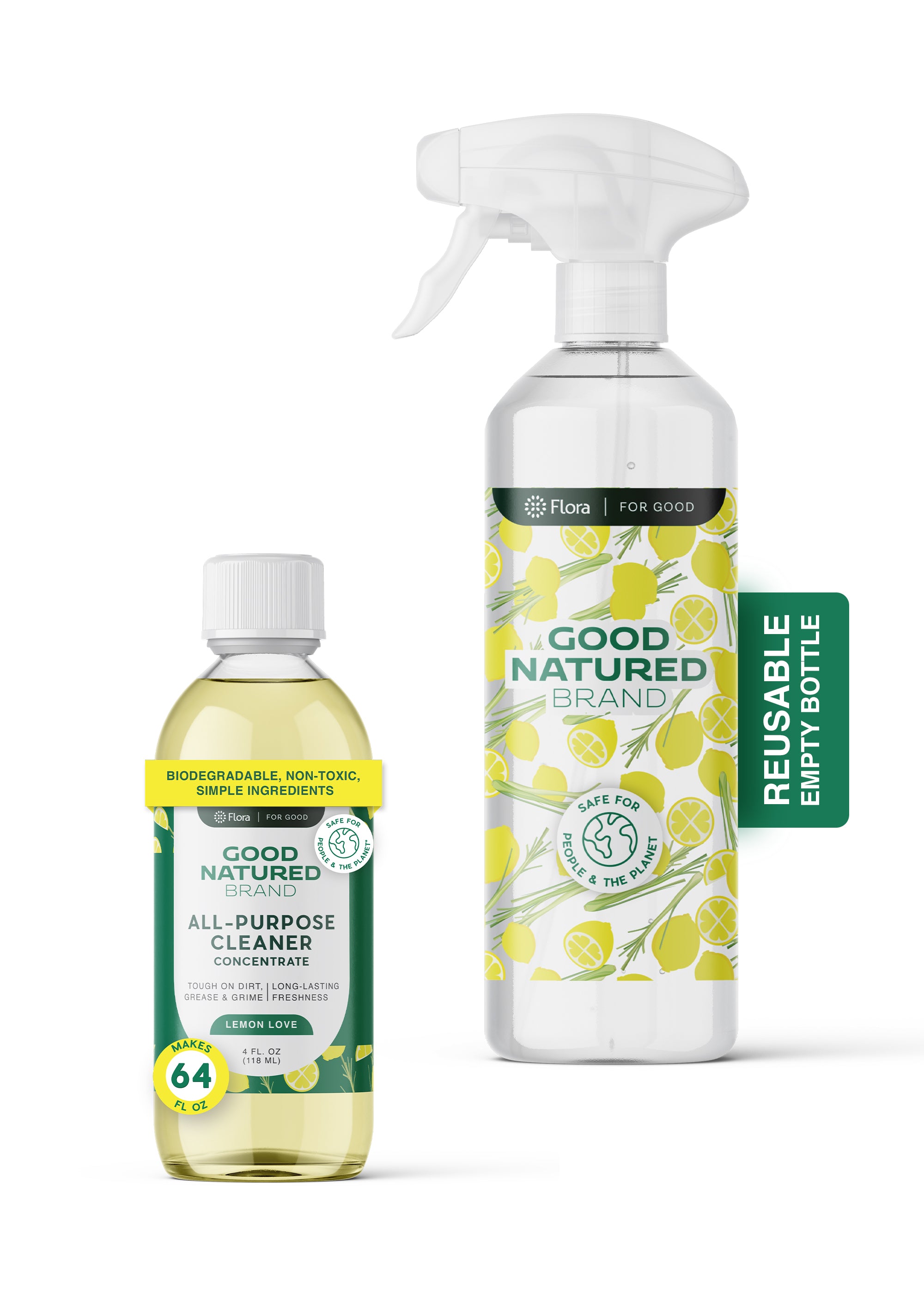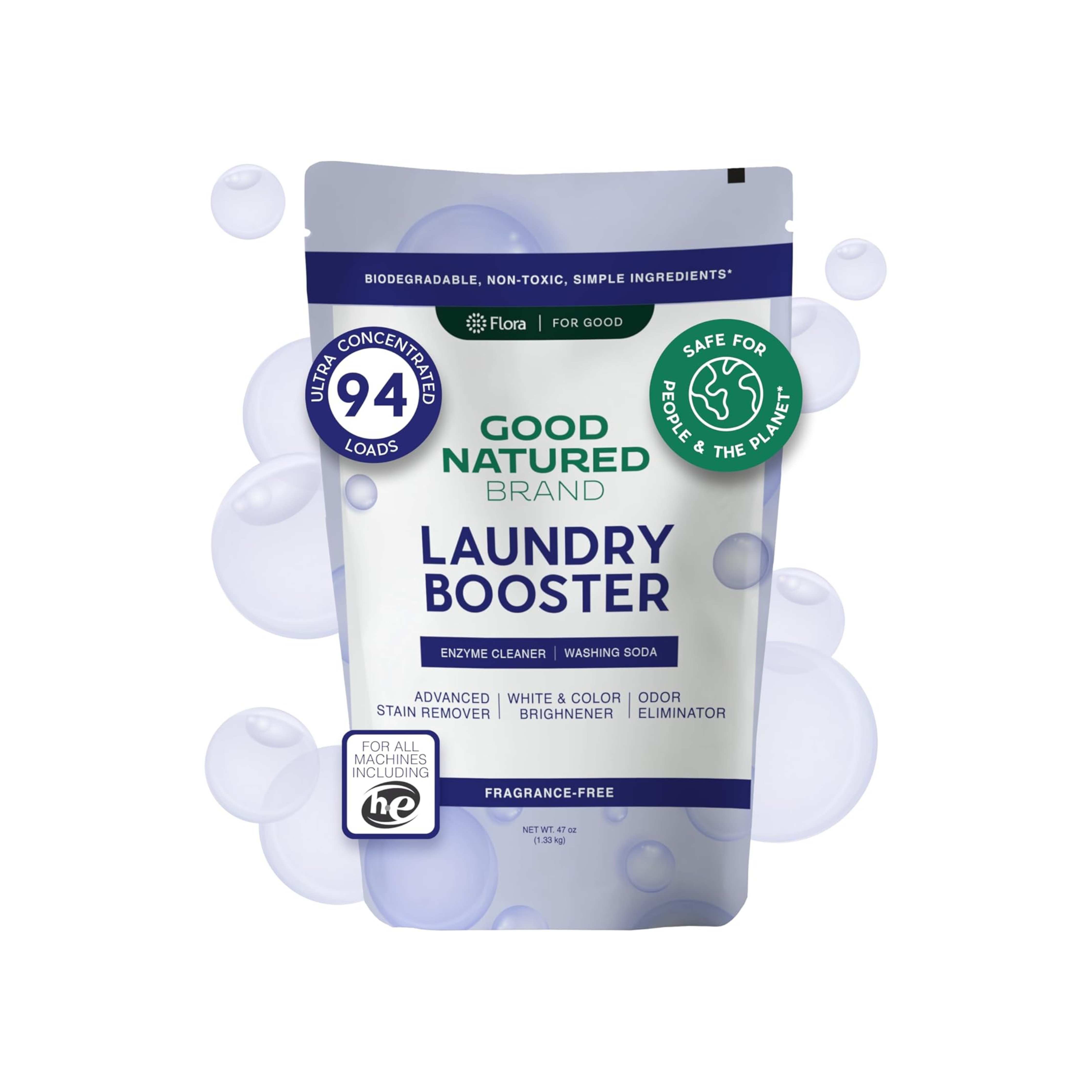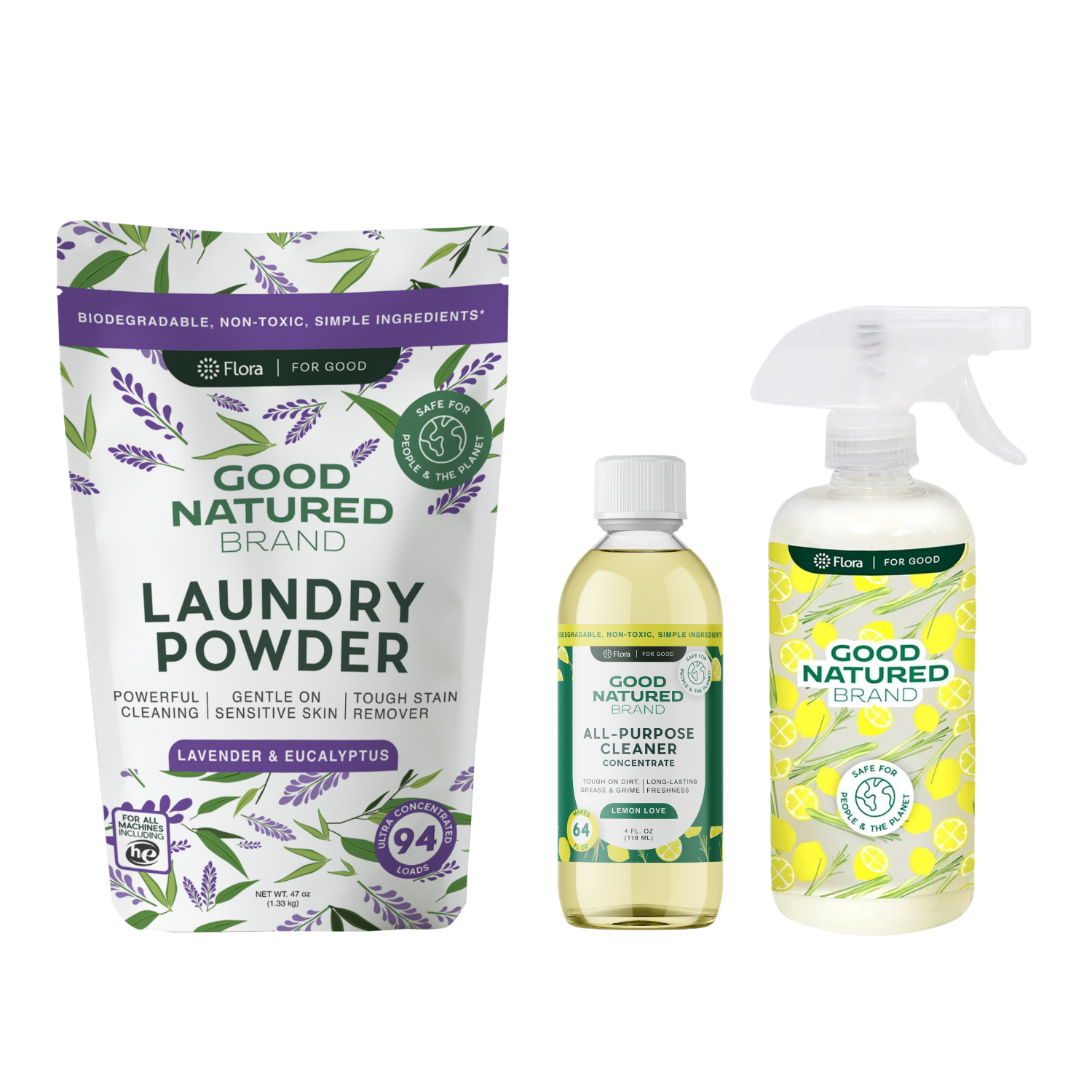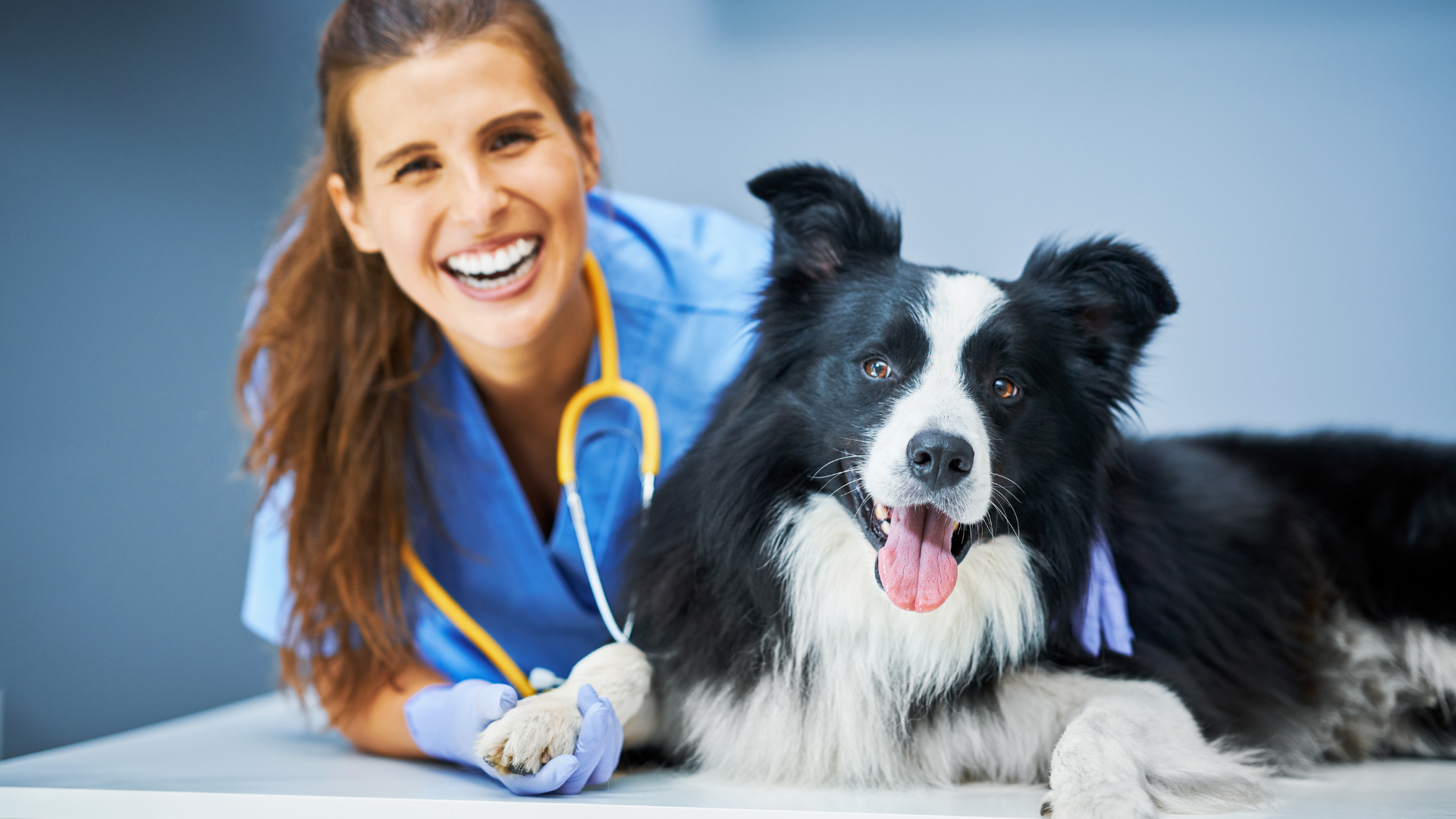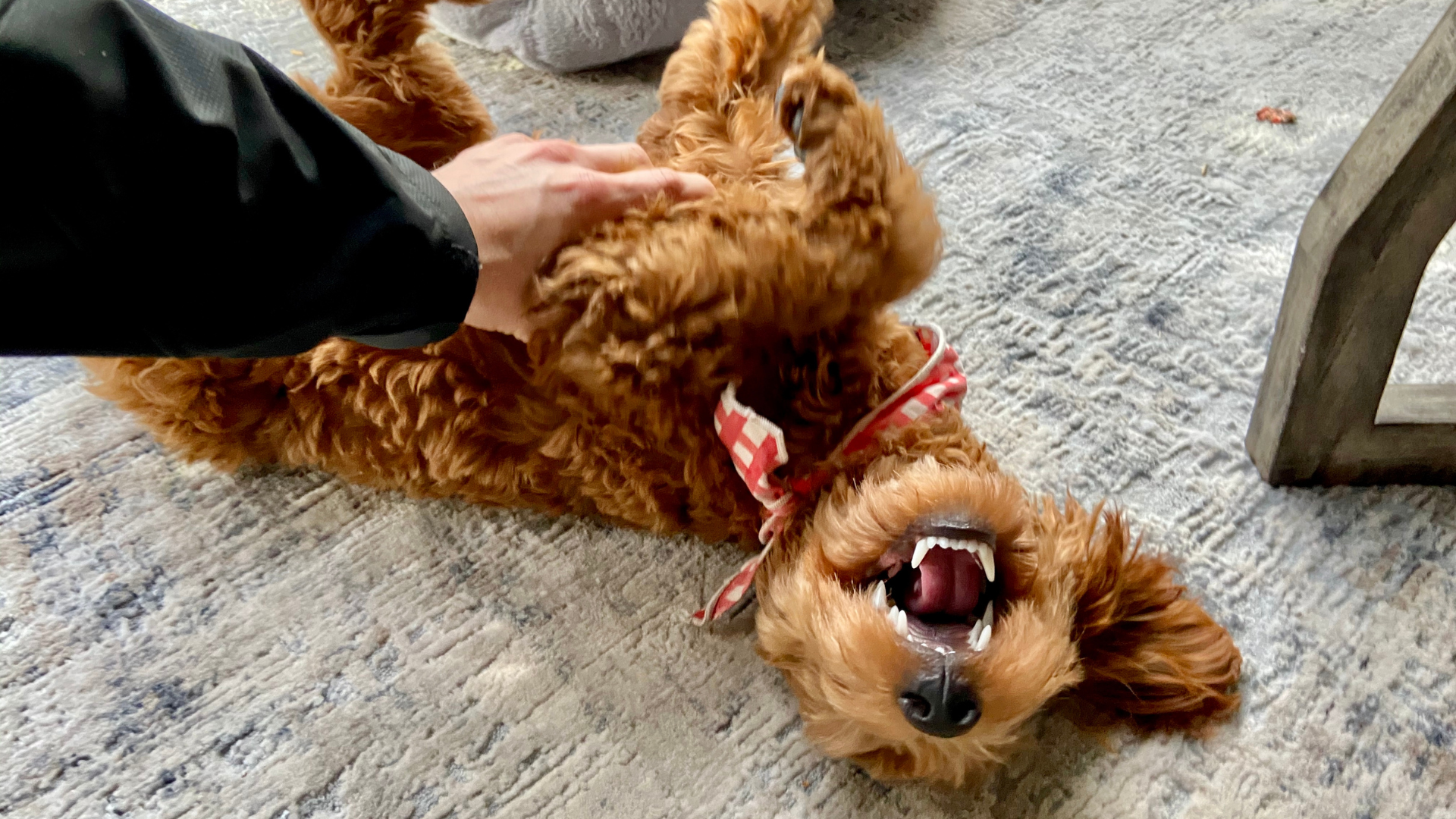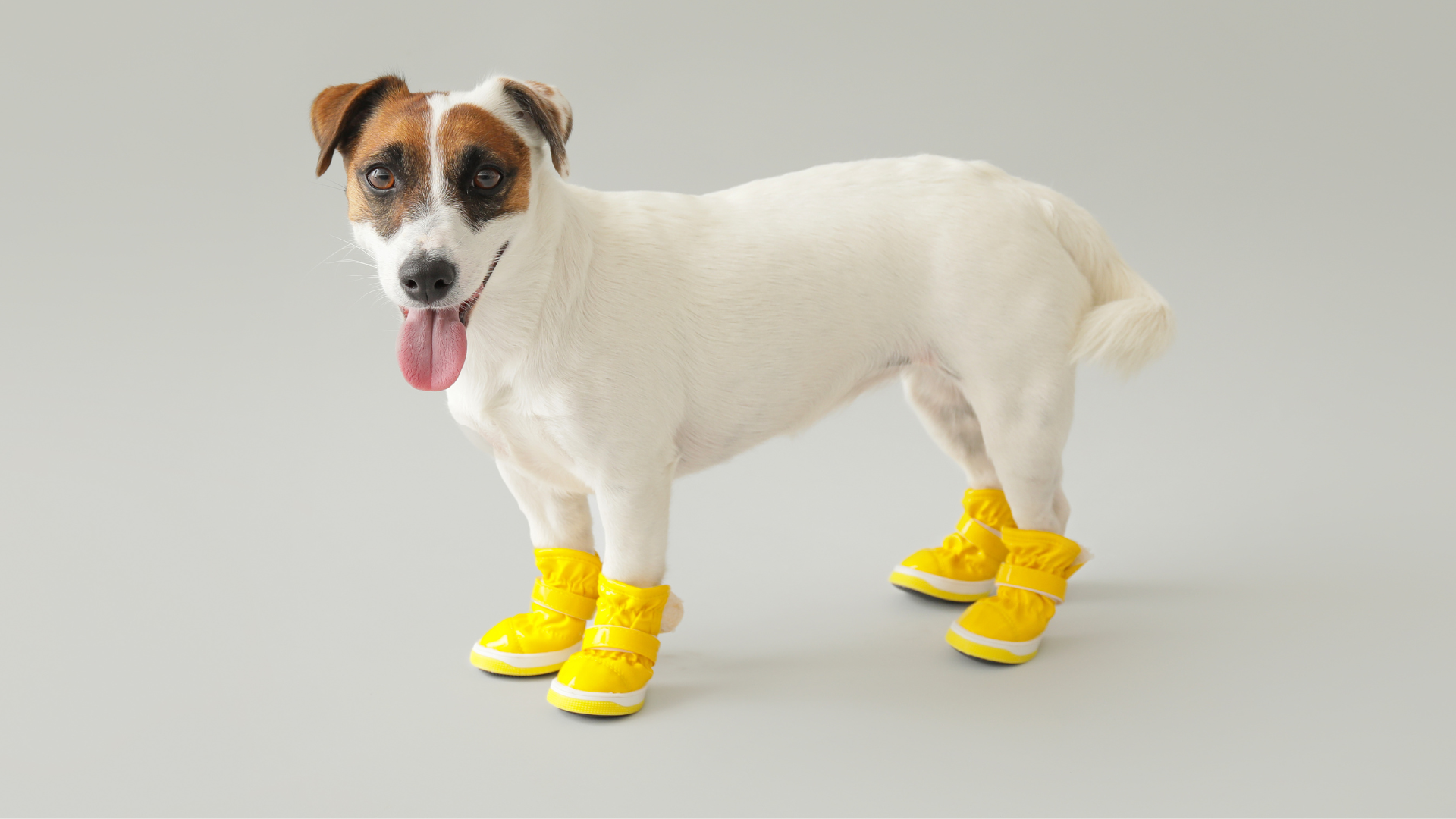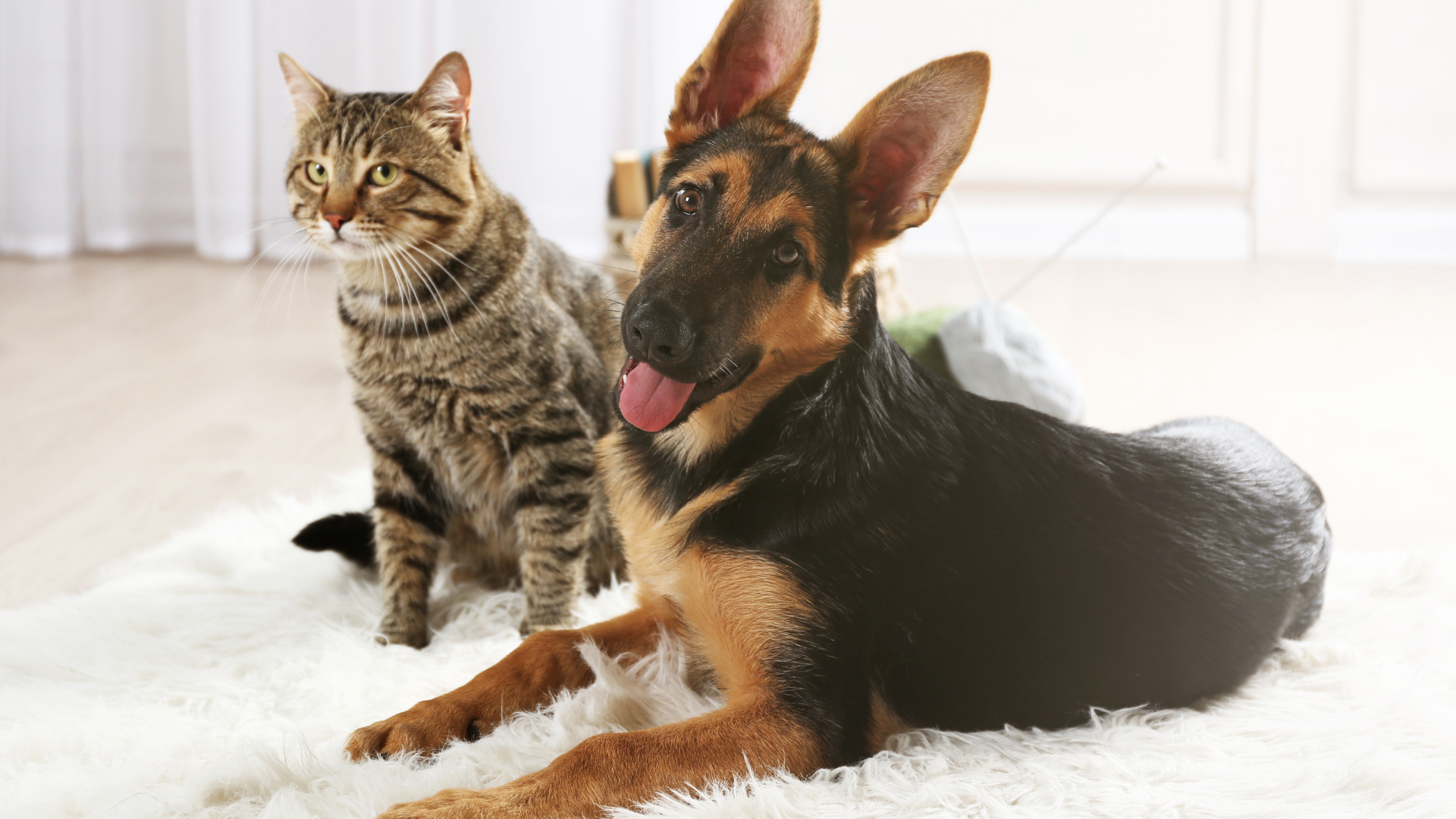Many pet parents love to share tasty snacks with their furry friends, but some human foods can be unsafe for dogs. One common question is: can dogs have black olives? These small, savory fruits are a popular ingredient in salads, pizzas, and Mediterranean dishes, and your dog may beg for a bite.
While black olives aren’t toxic to dogs, they’re not a typical part of a canine diet. Understanding their safety, nutritional value, and potential risks is crucial before offering them to your pet. In this guide, we’ll explore whether black olives are safe for dogs, how to serve them responsibly, and what to watch out for.
For more pet nutrition and care articles, be sure to visit the Good Natured Brand Blog.
Are Black Olives Safe for Dogs to Eat?
The good news is that plain, unsalted black olives are generally safe for dogs to eat in moderation. They are not toxic, and most dogs can tolerate small amounts without any issues.
However, there are important precautions to keep in mind:
-
Avoid salted or brined olives: Canned or jarred black olives are often preserved in saltwater brine, which can lead to Salt poisoning in dogs if eaten in large amounts.
-
Remove the pits: The hard pits inside black olives pose a choking hazard and can cause Intestinal blockage or damage to teeth.
-
Moderation is key: Even though they are not toxic, black olives are high in fat and should only be given occasionally as a treat.
Giving your dog one or two plain, pitted black olives once in a while is typically safe, but they should never become a regular part of your dog’s diet.
Nutritional Value of Black Olives for Dogs
Black olives offer a few beneficial nutrients, but they are not essential to your dog’s overall health. Here’s what they contain and why moderation is important:
Vitamins and Minerals
Black olives contain small amounts of vitamin E, iron, copper, and calcium. These micronutrients contribute to general health but are available in much better quantities from dog-specific foods.
Healthy Fats and Antioxidants
Black olives are rich in monounsaturated fats and antioxidants, which can support heart and skin health. In dogs, small amounts of healthy fats may promote a shiny coat and healthy skin. However, because dogs already get the fats they need from their regular food, extra fats from olives should be minimal.
Caloric Content
Olives are relatively calorie-dense for their size. Feeding too many can contribute to weight gain, which increases the risk of Obesity, Diabetes Mellitus, and joint stress in dogs. Always factor treats like olives into your dog’s daily calorie intake.
Health Benefits of Black Olives for Dogs
Although black olives are not necessary for canine health, a small bite once in a while may provide some minor benefits:
-
Antioxidant support: Antioxidants can help reduce oxidative stress and support cellular health.
-
Skin and coat support: The healthy fats in olives may benefit dogs with dry or flaky skin, though there are better fat sources like vet-approved fish oil.
-
Novel enrichment: Offering a rare, unusual treat like a small olive can provide sensory enrichment for your dog’s nose and taste buds.
It’s important to remember these benefits are very mild. Black olives should be viewed as an occasional treat, not a supplement or dietary staple.
Risks and Dangers of Feeding Black Olives to Dogs
Even though black olives aren’t toxic, they can still pose risks if fed improperly. Understanding these dangers can help you keep your dog safe.
High Sodium Content
Most commercially sold black olives are stored in salty brine. Too much sodium can cause Salt poisoning in dogs, leading to vomiting, diarrhea, tremors, excessive thirst, or even seizures. Always rinse canned black olives thoroughly or choose unsalted varieties.
Gastrointestinal Upset
Because of their high fat content, too many black olives can cause Gastrointestinal upset, including vomiting, diarrhea, or gas. Sensitive dogs may react to even small amounts.
Risk of Choking or Blockage
If given with pits, olives pose a risk of choking or Intestinal blockage, especially in small dogs. Pits can also crack teeth or cause mouth injuries.
Toxic Seasonings
Some black olives are marinated or stuffed with ingredients like Garlic, Onions, or Blue cheese, all of which are toxic to dogs. Only serve plain black olives without added flavorings, spices, or oils.
Signs of Olive-Related Illness in Dogs
If your dog accidentally eats too many black olives or consumes brined, seasoned, or pitted ones, monitor them closely for signs of illness:
-
Vomiting or diarrhea
-
Loss of appetite or abdominal pain
-
Excessive thirst or urination
-
Weakness, tremors, or disorientation (possible sign of Salt poisoning)
-
Constipation or straining (potential Intestinal blockage from pits)
Contact your veterinarian immediately if any symptoms appear or if you suspect your dog consumed a large quantity of olives or their pits.
How to Safely Serve Black Olives to Dogs
If you choose to share black olives with your dog, follow these safety steps to minimize risk:
-
Always choose plain black olives — Avoid olives that are salted, canned in brine, marinated, or stuffed with seasonings.
-
Remove the pits — Olive pits are choking hazards and can cause Intestinal blockage if swallowed. Always offer only pitted olives.
-
Cut them into small pieces — This reduces the risk of choking, especially for small dogs.
-
Serve only occasionally — Black olives should be considered a rare treat, not a regular snack.
Treat black olives like any other high-fat human food: safe in tiny amounts, but unnecessary for a balanced canine diet.
How Many Black Olives Can Dogs Eat?
The exact amount depends on your dog’s size and overall health, but in general:
-
Small dogs: 1 small piece of black olive occasionally
-
Medium dogs: 1–2 small pitted black olives
-
Large dogs: 2–3 small pitted black olives at most
Keep in mind that olives are calorie-dense and high in fat, so even a few can disrupt your dog’s daily nutritional balance. Feeding black olives too often can contribute to Obesity and Gastrointestinal upset. Always use them as occasional treats, not part of daily meals.
Are Other Types of Olives Safe for Dogs?
Not all olives are created equal when it comes to dog safety. Here’s how other varieties compare:
-
Green olives — Similar to black olives but typically higher in sodium when sold in brine. Only feed plain, unsalted, and pitted ones sparingly.
-
Kalamata olives — Very high in salt and usually sold brined. Not recommended due to increased risk of Salt poisoning.
-
Stuffed olives — Often contain Garlic, Onions, or Blue cheese, all of which are toxic to dogs. Avoid completely.
If you do offer olives, black olives are the safest option, provided they are plain, pitted, and unsalted.
What to Do If Your Dog Eats Too Many Black Olives
Accidents happen, and curious dogs may grab more than their share. If your dog eats too many black olives or consumes them with pits or seasoning, act quickly:
-
Stay calm and observe — Remove any remaining olives so they can’t eat more.
-
Note the details — Try to estimate how many olives they ate and whether they contained pits or were seasoned.
-
Watch for symptoms — Look for vomiting, diarrhea, excessive thirst, weakness, or tremors (signs of Salt poisoning or Gastrointestinal upset).
-
Call your vet — If your dog ate a large amount, consumed pits, or shows any signs of illness, contact your veterinarian immediately.
Prompt care can prevent complications, especially if olive pits have caused a blockage or if salt intake is dangerously high.
Cleaning Up After Olive Accidents at Home
Dogs sometimes drop, smear, or even play with black olives, which can leave behind oily stains and odors on carpets, dog beds, or hard floors. Quick cleanup is important to prevent permanent stains and keep your home fresh:
-
Blot spills immediately — Use a dry towel or paper towels to soak up olive oil residue from carpets or fabric.
-
Lift solids gently — Pick up any olive pieces before they’re ground into fibers or upholstery.
-
Deodorize carpets and rugs — Use a safe Carpet Deodorizer to neutralize lingering food smells and discourage dogs from sniffing or licking the area.
-
Wash soiled bedding, towels, or cloths — Clean any fabric items your dog touches during cleanup using pet-safe Laundry Powders to remove oils and odors completely.
-
Disinfect hard floors and surfaces — Wipe down tile, wood, or countertops with a non-toxic All-Purpose Cleaner to remove grease and bacteria.
Thorough cleaning helps prevent your dog from being attracted back to the spot and keeps your home healthy and odor-free.
Healthy Alternatives to Black Olives for Dogs
If you’re looking for safer and more nutritious treats than black olives, try these vet-approved alternatives:
-
Dog-safe fruits: Small pieces of Blueberries, Apples (no seeds), or Bananas provide antioxidants and fiber.
-
Dog-safe veggies: Crunchy snacks like Carrots or Green beans are low-calorie and packed with nutrients.
-
Commercial low-calorie treats: Choose high-quality treats specifically designed for dogs, which are safer and nutritionally balanced.
-
Healthy fat sources: Use vet-recommended fish oil or small amounts of Plain boiled chicken for healthy fats instead of olives.
These alternatives are easier to digest, lower in fat and sodium, and much safer for your dog’s long-term health.
Final Thoughts on Whether Dogs Can Have Black Olives
So, can dogs have black olives? Yes — but only occasionally, and only if they are plain, pitted, and unsalted. While black olives aren’t toxic, they don’t provide essential nutrition and come with potential risks like Salt poisoning, Gastrointestinal upset, and Intestinal blockage if fed carelessly.
If you do decide to offer your dog a small black olive, do it sparingly and keep an eye on their response. And if olive treats lead to messes, you can quickly freshen your home using Carpet Deodorizers, Laundry Powders, and All-Purpose Cleaners to eliminate odors and stains safely.
With a little caution, your dog can safely enjoy an occasional olive — and you can keep your home clean and happy too. For more pet care and home-friendly living tips, visit the Good Natured Brand main page.
